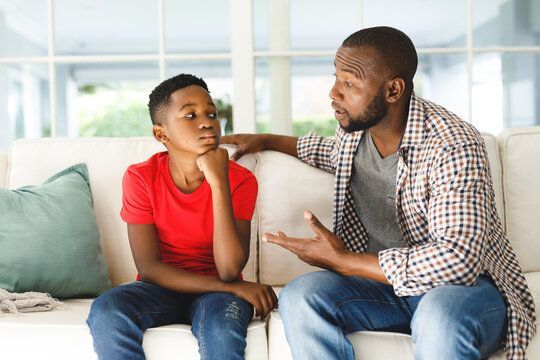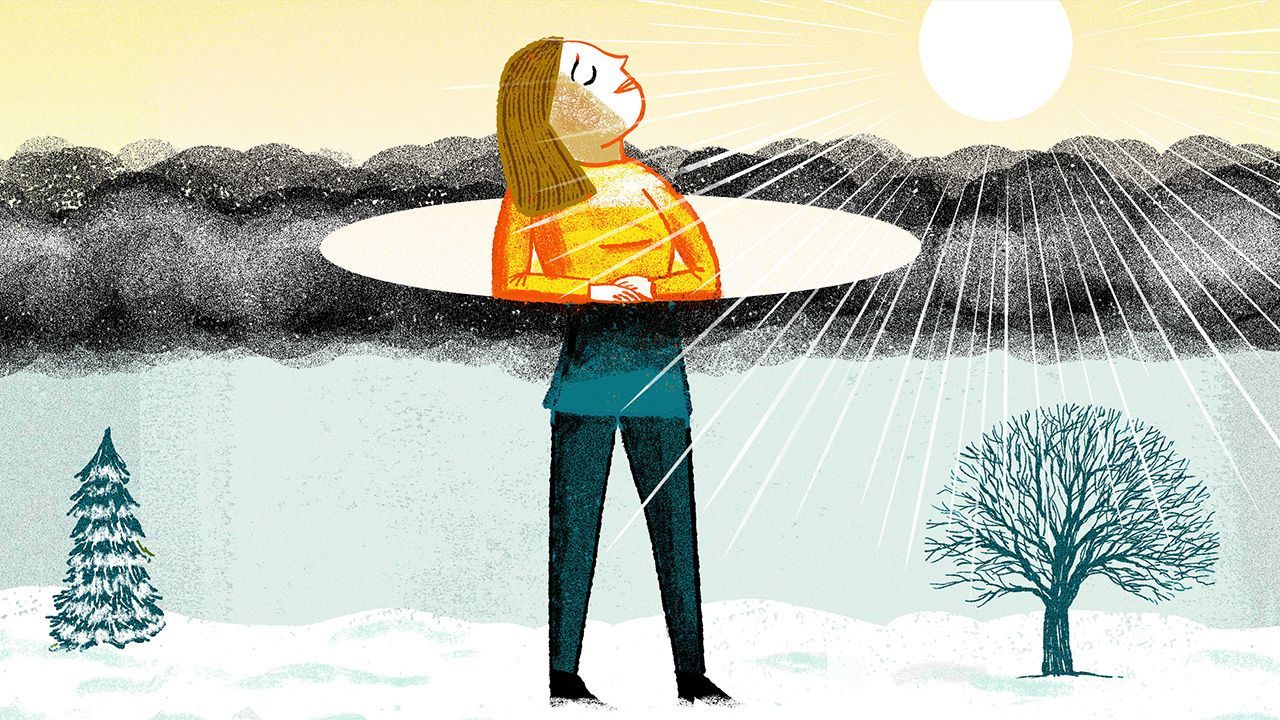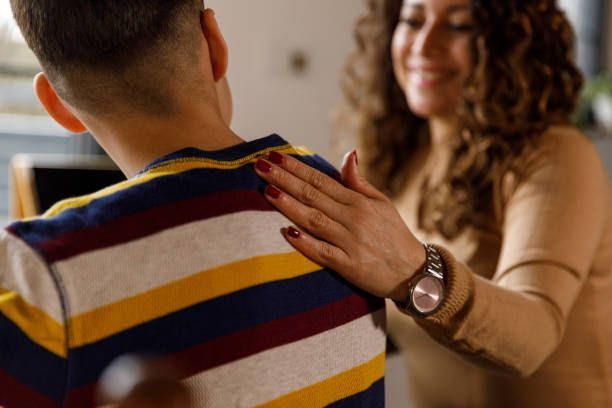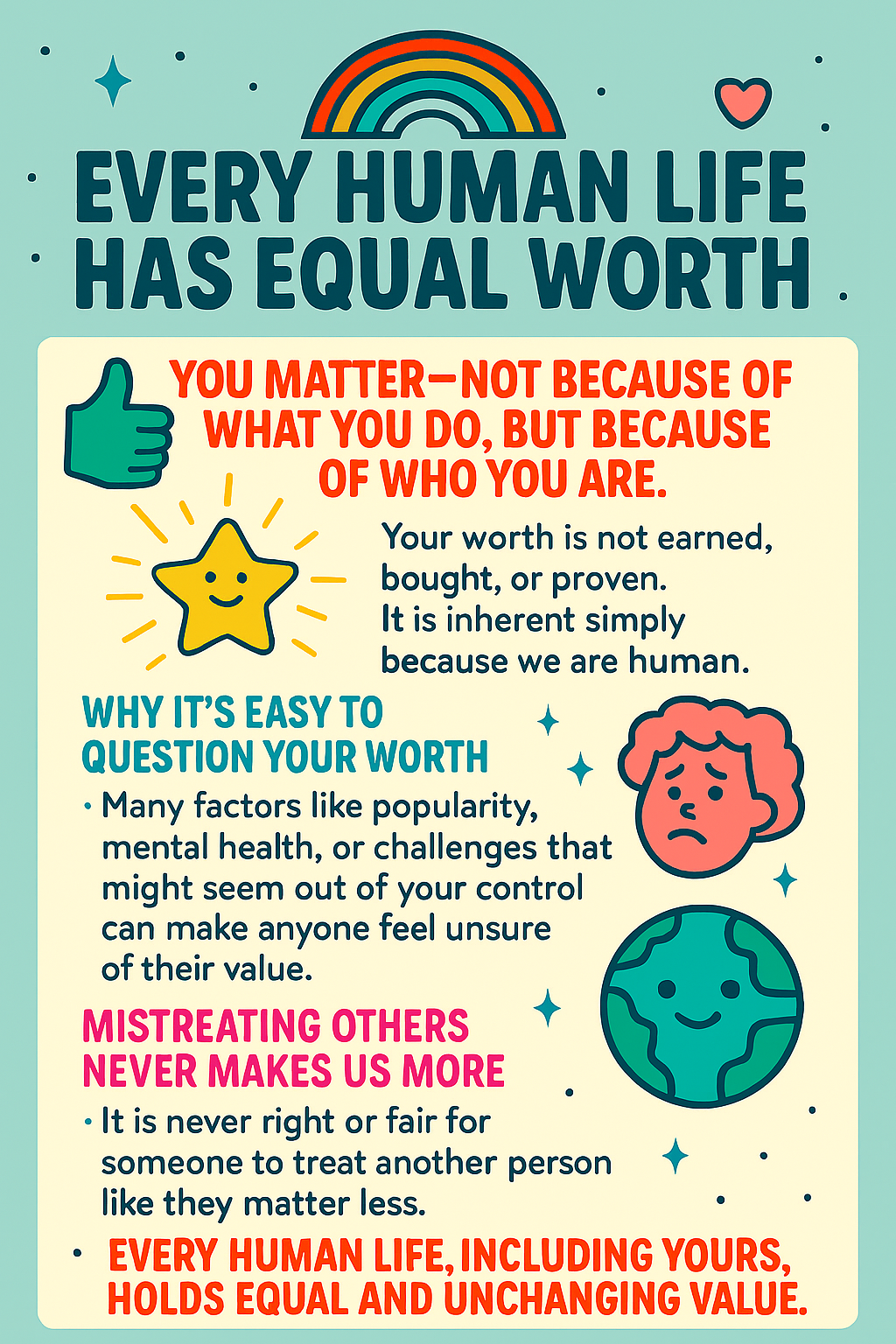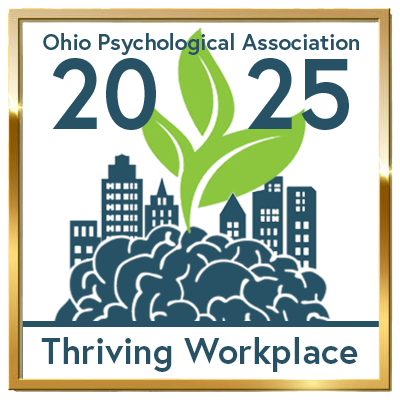“Don’t stop! You’re almost to the end!”
My wonderful friends and family have been chanting these words to me for the past 12 weeks. I can honestly attest: senioritis is real- especially now. My senior year is turning out to be very different from how I envisioned it. I was supposed to take a few trips, all of which have been canceled. I was supposed to intern at a hospital, but now they can’t let me. I was supposed to sing with my university’s choir for Homecoming weekend, graduation and Christmas. Instead, I’m sitting at home most days working on homework or watching a class over zoom trying to navigate through this unexpected twist of life.
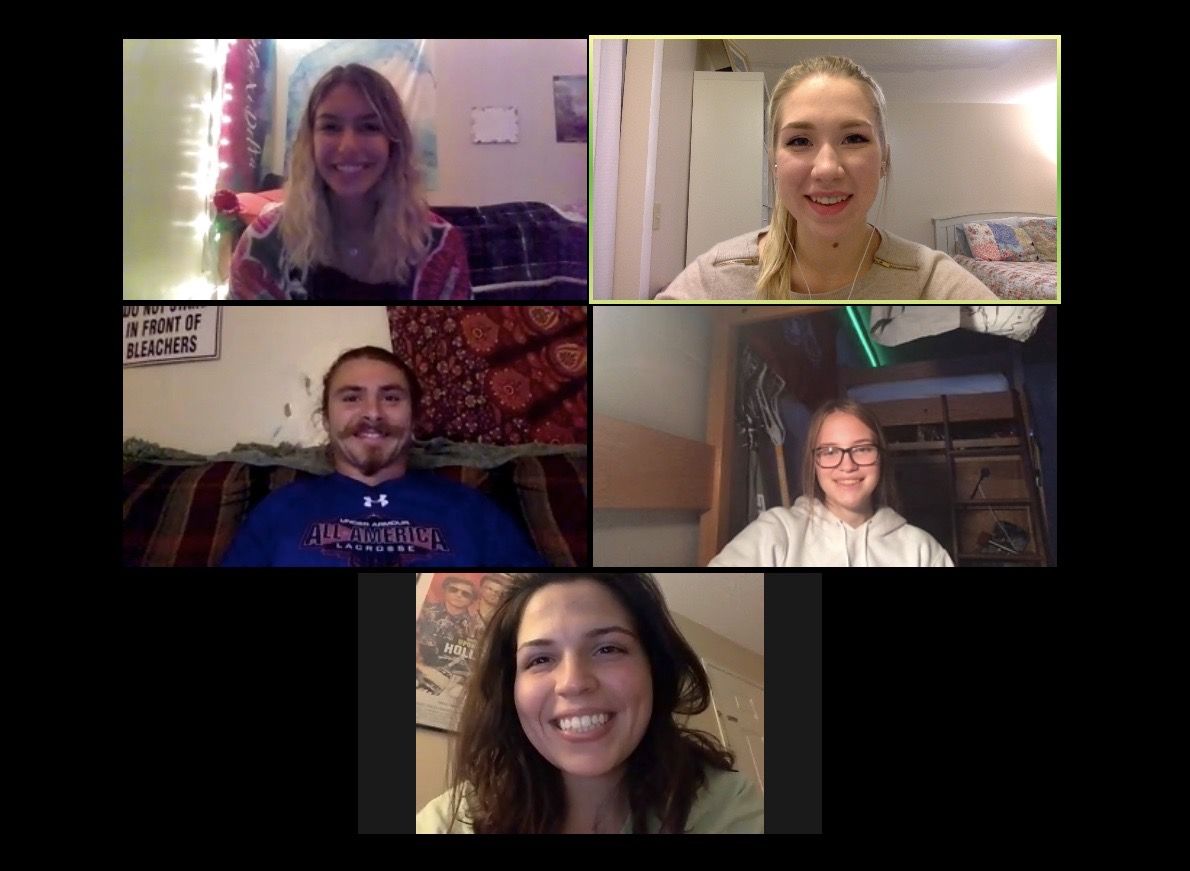
With the new teaching method my university has adopted, the typical student will have a few classes entirely online and a few that only meet in person once a week. In some ways, this method works well for me as a commuter student. I don’t have to drive to school as often or sit in the library for nearly as long between classes. But, even in a typical school year, commuting can feel isolating at times when I don’t have floor mates and roommates to eat lunch with or I miss out on evening events because I don’t want to drive home late at night. Now, COVID-19 restrictions have limited these social experiences I used to take for granted, and I am beginning to feel more lonely than normal.
STARTING FROM SCRATCH
It’s true; I have made many friends over the past three years through my involvement with various groups on campus, but it makes me sad to think about the freshman students who are stuck in their dorms or homes with nothing social to do. How any of the freshman students are still going strong is amazing to me. Adjusting to a new school environment is hard enough, let alone the fact that most events and classes are online and everyone wears a mask that hides their facial expressions.
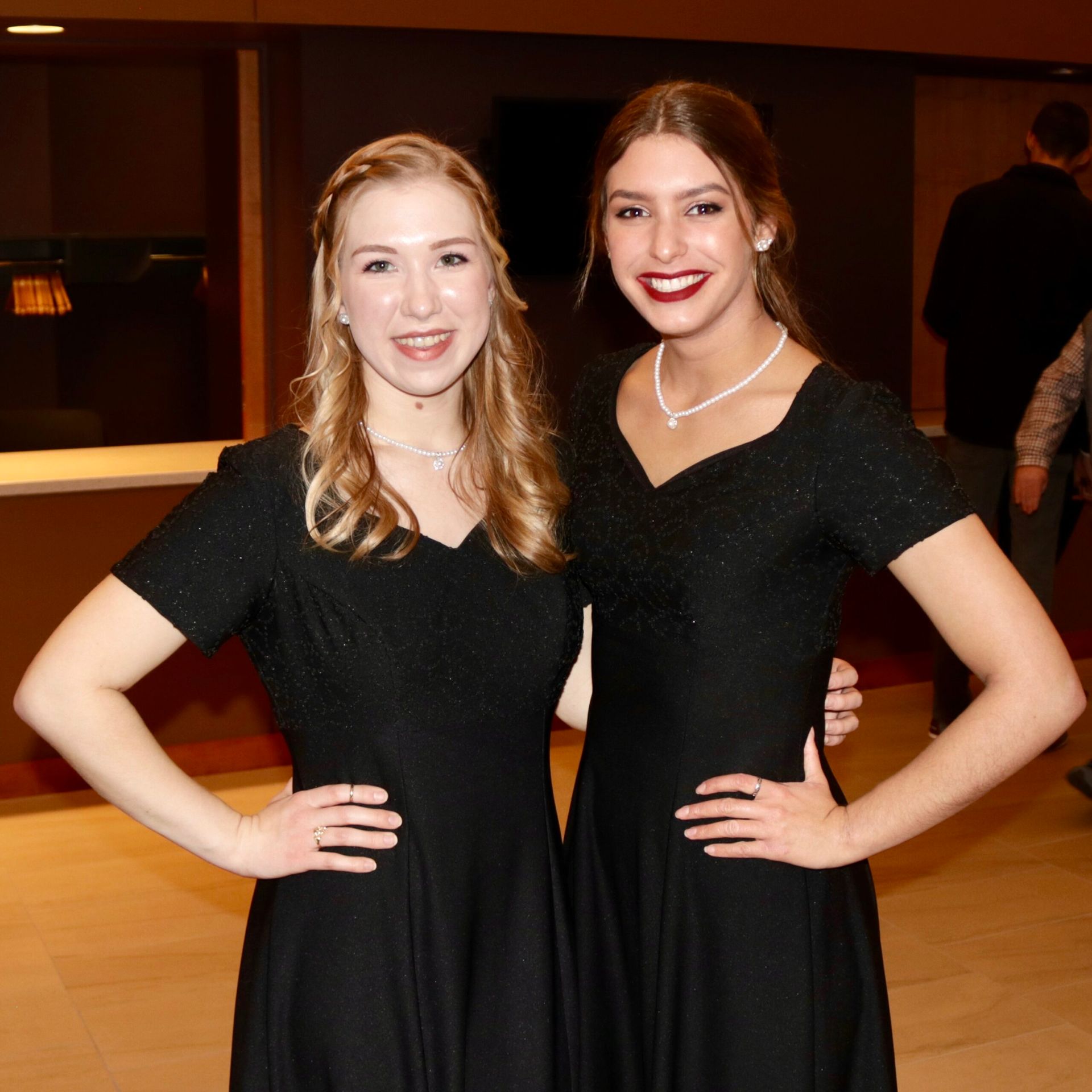
I cannot express my deep longing to see people’s smile again!
It’s no wonder so many people are feeling the anxiety and depression set in. For me, dealing with the stress and anxiety brought on by loads of homework, having an internship and working part time hasn’t been easy. Human interaction, on some in-person level, is so necessary and beneficial in helping me not feel alone.
But more than ever, I am so thankful for the beautiful choirs I sing in and the wonderful faculty and staff who have made it possible for me and my fellow choristers to continue rehearsing this year. My fondest memories of college all come from the past two years of my involvement with the choir.
We have a philosophy in choir called “Ubuntu.” It’s an old African phrase that means “I am who I am because of whom we all are together.” This philosophy greatly impacts not only how we rehearse but how we connect outside of practices as well. If one of us is struggling emotionally or physically, someone else in choir will notice and ask if you are ok. We are each others’ biggest cheerleaders and support group. I strongly believe I would have dropped out of college by now if not for the support of so many amazing choral friends. Even now, it’s the choir that keeps me going. The beauty created by singing in the chapel with fifty-five other men and women leaves me feeling blissfully wonderful.
If there is anything I’ve learned from 2020 it would be this:
- You never know what tomorrow could bring. What matters most is using the time you have to its fullest potential.
- No matter what happens, stick close to those you love and reach out to those around you who are struggling. We are all part of a world that is so much bigger than just ourselves.
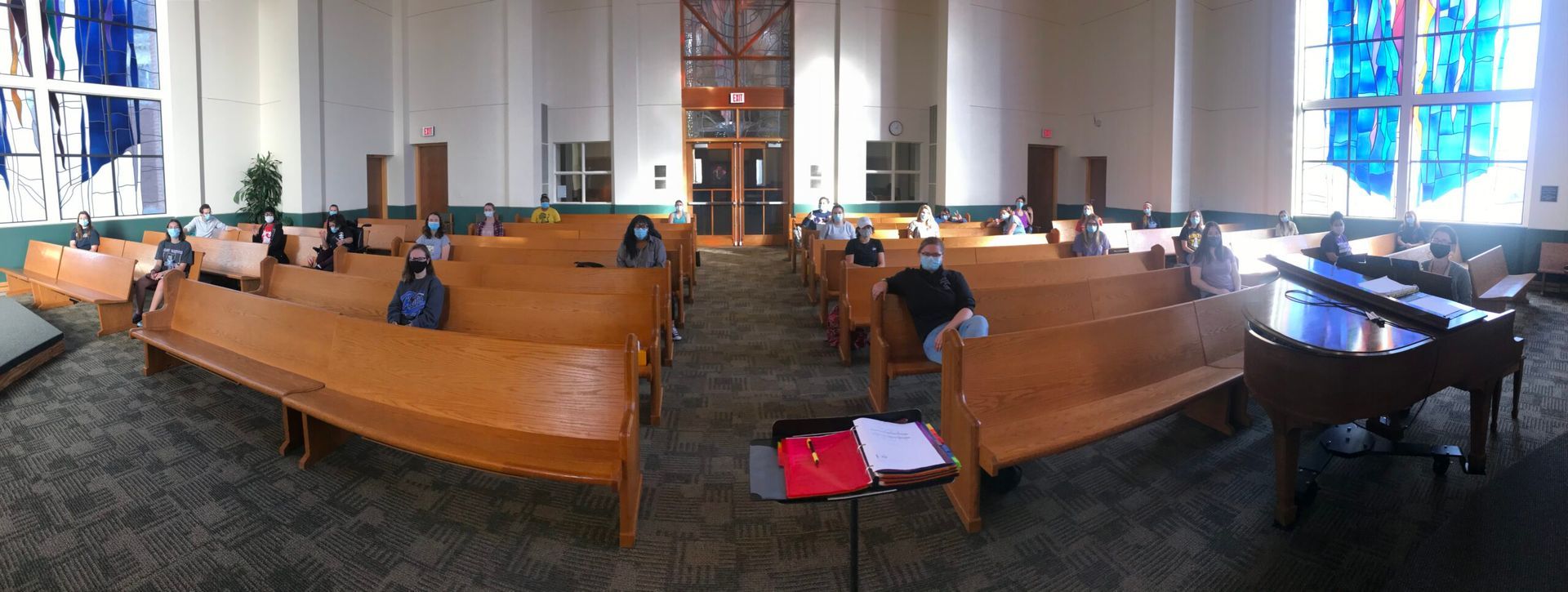
- Something beautiful will always come from tough times. Create beautiful moments out of even the toughest circumstances.
- Don’t forget to take time for yourself. Sometimes you need to ignore what’s happening in the world to focus on getting rid of the anxious feelings inside. For me, practicing piano, singing or listening to music does the trick.
- Seek help if you are struggling. Every university has a mental health or counseling office you can go to for help.
If your child is experiencing any of the affects I experienced as a college student - loneliness, struggles with online learning and challenges of in-person classes this semester, please call 330-433.6075.
Brenna Walker is senior at the University of Mount Union and is interning this semester in Child and Adolescent Behavioral Health's Mission Advancement Office.
RECENT POSTS

